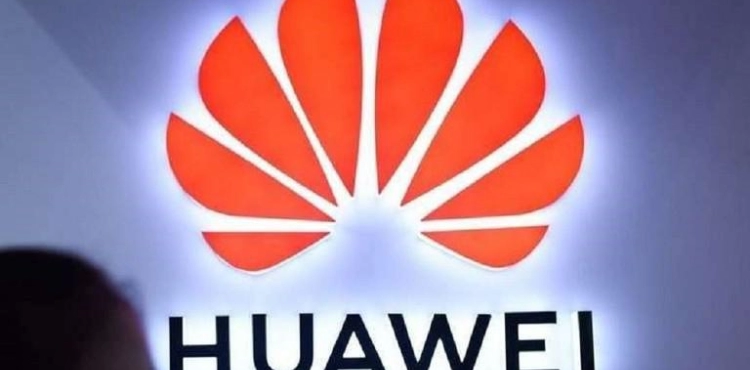Saudi Arabia will limit Huawei´s access to the fifth-generation Internet network ("5G"), a British security source said on Wednesday.
The source explained that this procedure will allow the Chinese company access to the non-core parts of the network, and blocking all the essential parts of the system.
This is contrary to the approach of the United States, which asked the Allies not to use the company´s Chinese electronics products, fearing to be a means of Chinese espionage.
Rob Joyce, a senior official with the US National Security Agency, said the Five Eyes group, consisting of the United States, Britain, Canada, New Zealand and Australia, would not use technology from countries that pose a threat to vital national infrastructure.
The United States wants its allies in the "five eyes" to exclude the company.
Huawei has denied that its work poses any risk of espionage or sabotage.
But Australia has already said it stands by Washington, citing "serious concerns about Huawei´s commitments to the Chinese government and the threat it poses to the safety of telecommunications networks in the United States and elsewhere."
According to the Telegraph, it will allow the company access to the "non-core" of the fifth generation network of the Internet.
Serian Martin, president of the National Cyber ​​Security Center, which oversees the current work of Huawei in the UK, said in a radio statement on Wednesday that a framework would be set up to ensure that the fifth-generation Internet network was "safe enough".
Asked about the possibility of a conflict in the position of the "five eyes" members, he replied: "In the past decade, there have been different approaches in the five eyes, in the broader Western alliance towards Huawei and other issues as well, The Chinese company has access to the fifth generation networks.
Martin declined to confirm or deny reports about Huawei, but said the government would soon decide on the matter.
"The timely review by the foreign minister is much greater than Huawei´s, and China, as it relates to the basics of how to keep these networks safe from any attacker," he said.












